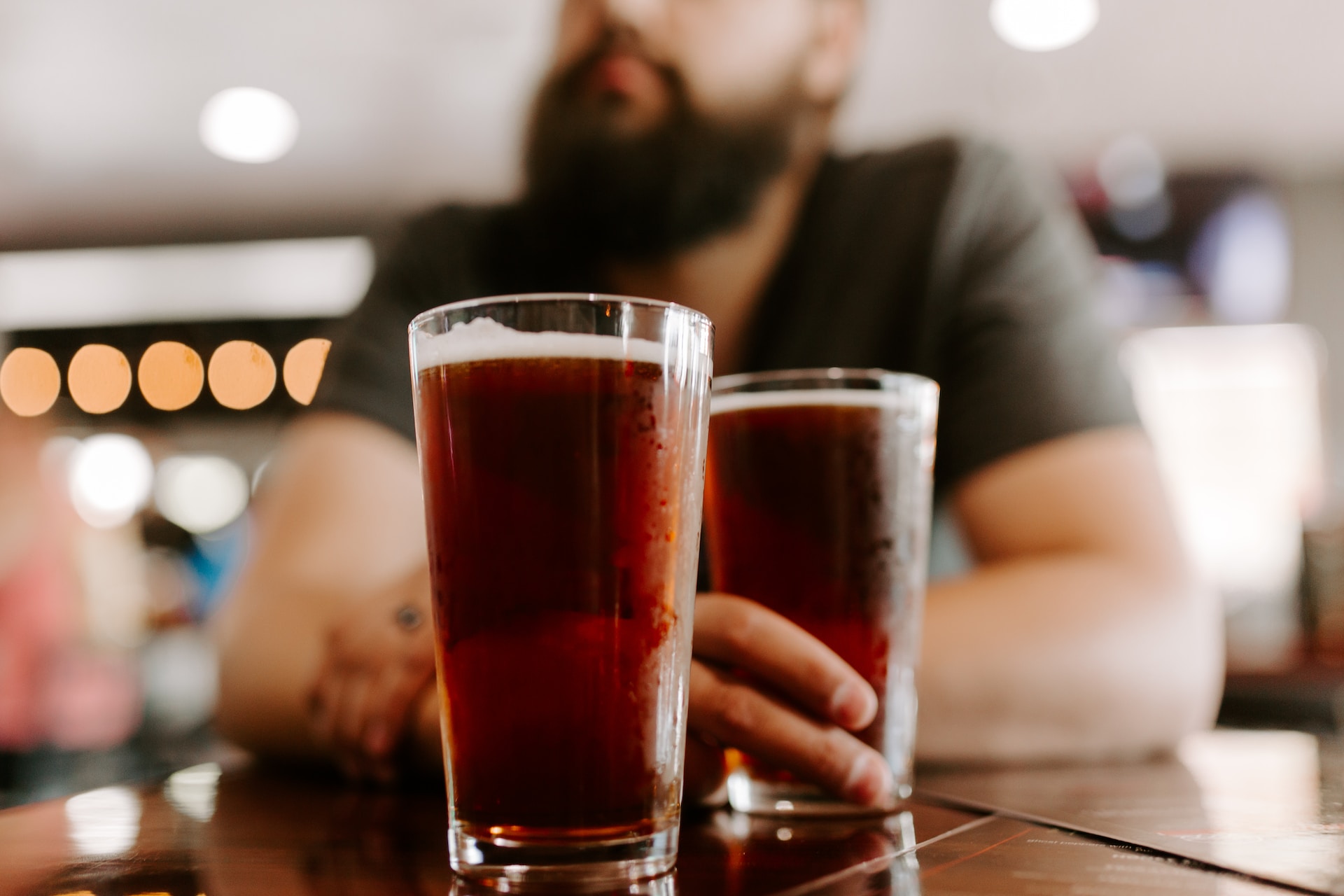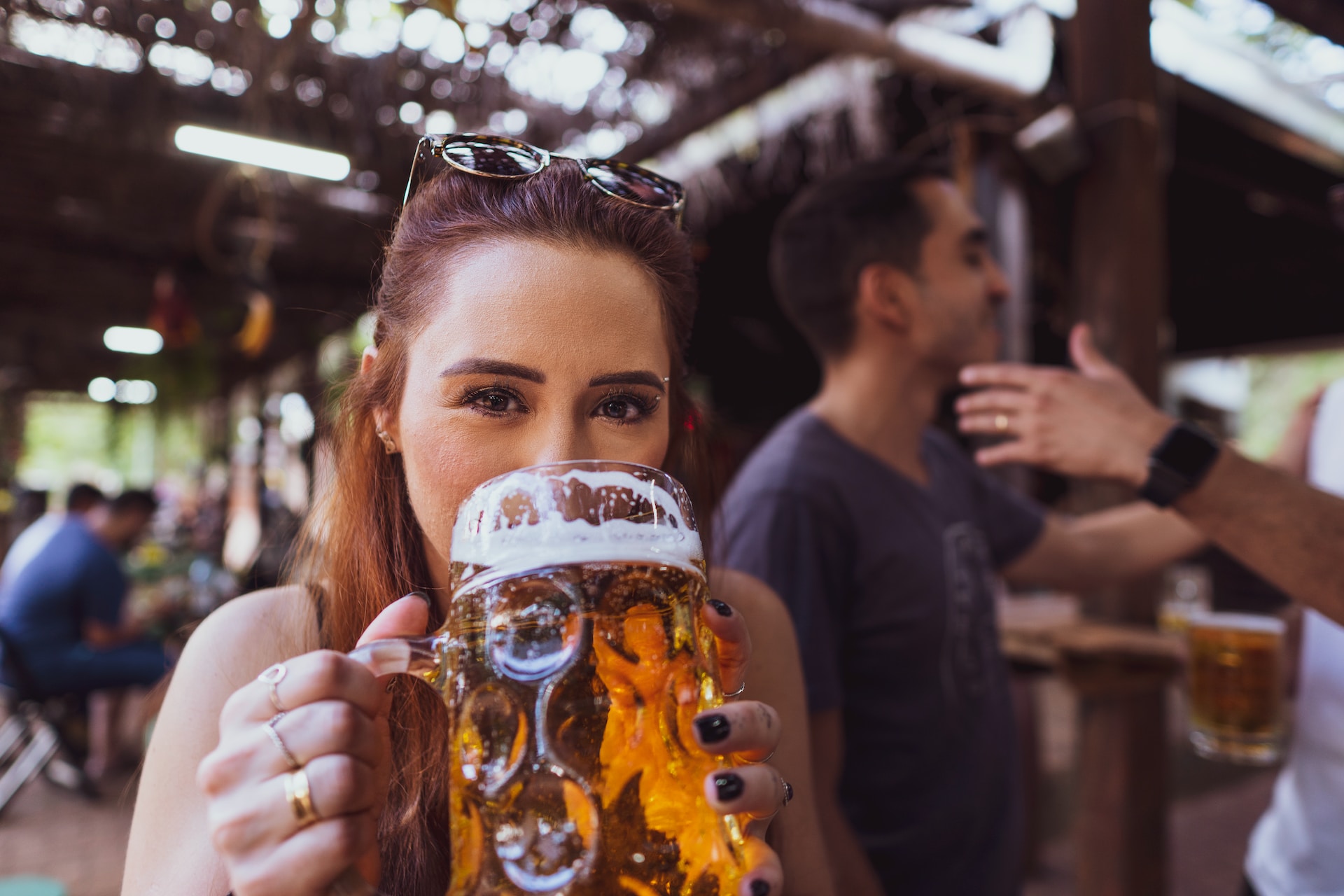Beer Dealcoholization - Making Beer Better Than Usual?
Can we create beer with a lower alcohol content? Through the different methods of beer dealcoholization, yes, it’s possible. Dealcoholized beer caters to individuals who prefer or require beverages with reduced alcohol levels. There’s a strong market for this one-of-a-kind beer.
Author:Daniel JamesReviewer:Karan EmeryMay 26, 202314.1K Shares283.7K Views
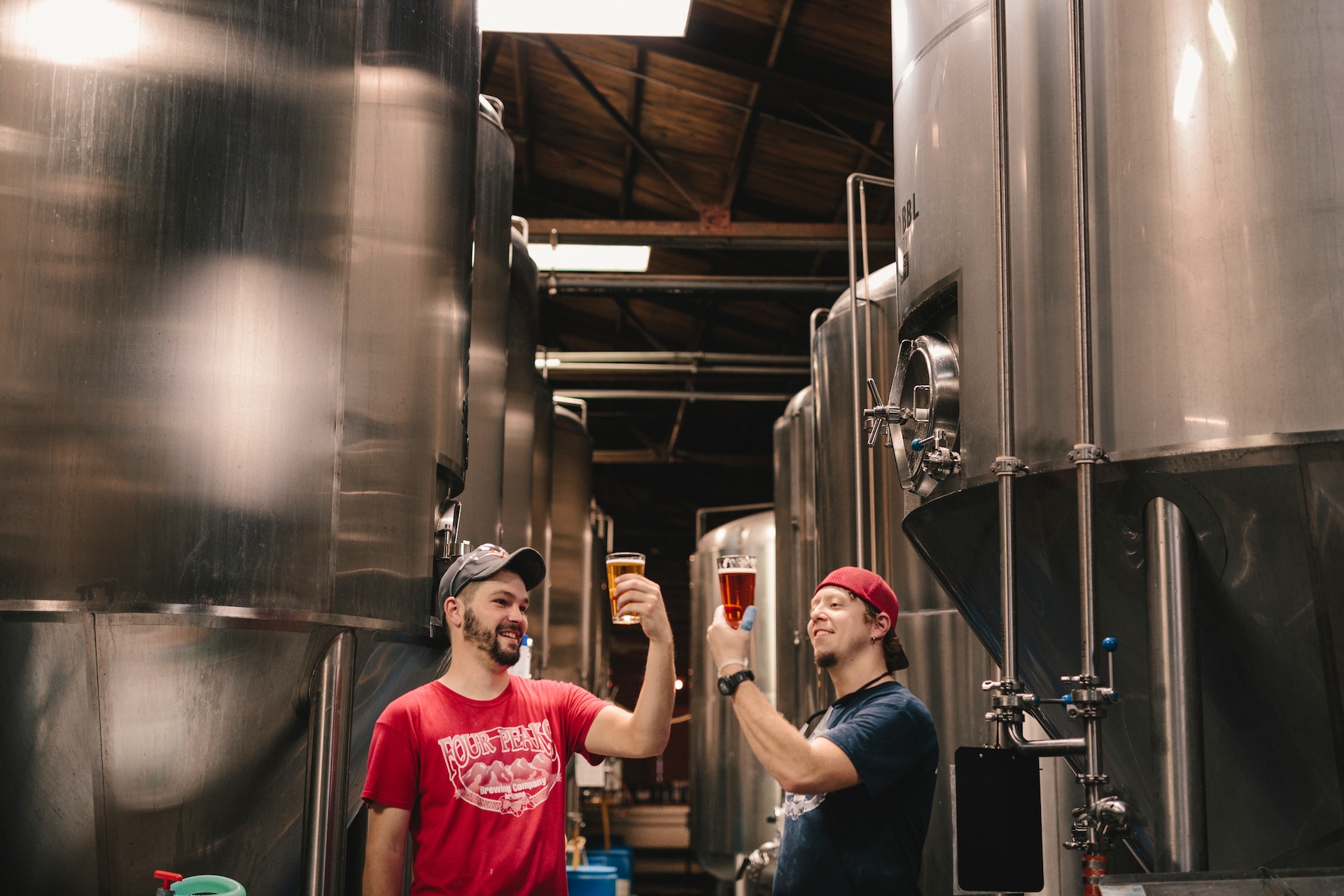
Are you familiar with beer dealcoholization?
Beer has long been a beloved beverage enjoyed by people around the world.
Its unique flavors, refreshing qualities, and social appeal make it a staple at gatherings, parties, and even casual evenings at home.
However, as the desire for healthier lifestyle choices continues to grow, so does the interest in alternative options for those who wish to enjoy the taste of beer without the effects of alcohol.
What if there is a way to enhance the beer-drinking experience, making it even more versatile and accessible to a wider audience?
This is where the concept of beer dealcoholization comes into play.
In this article, we will learn about dealcoholized beer and uncover its potential to revolutionize the way we enjoy this classic beverage.
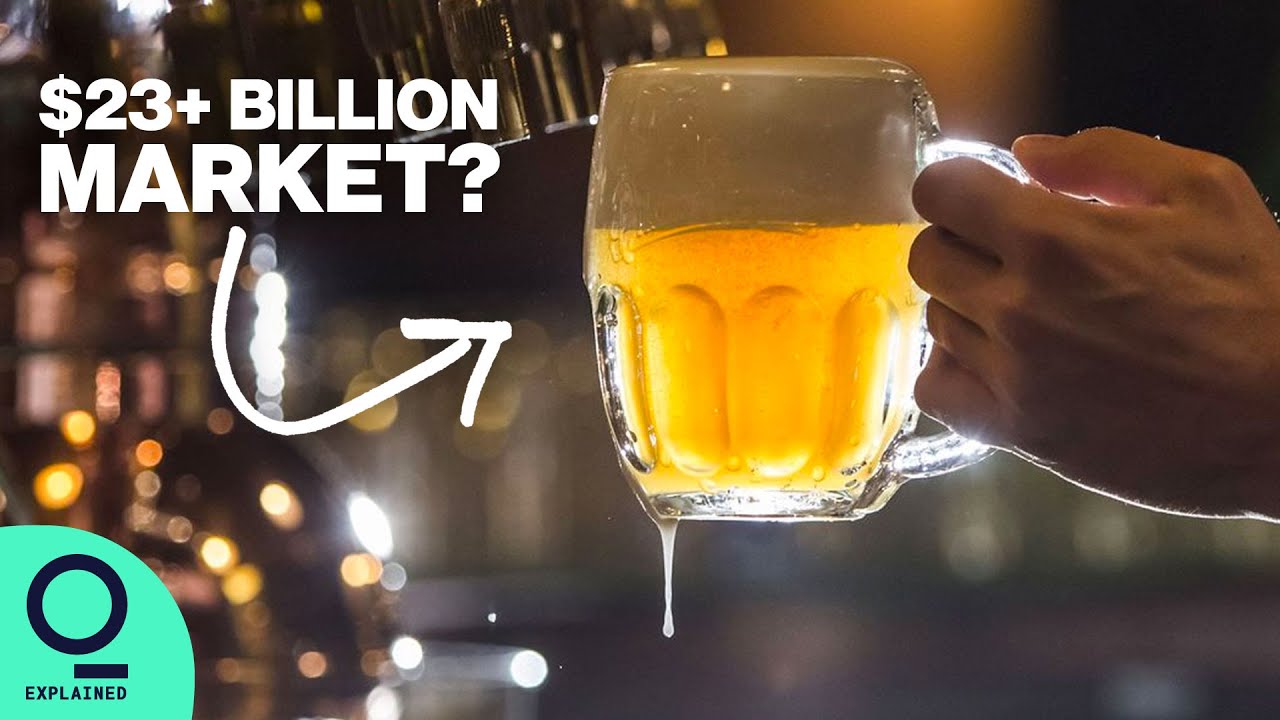
The Rise of Non-Alcoholic Beer
What Does Dealcoholized Beer Mean?
By shedding light on this increasingly popular trend, we aim to uncover whether beer dealcoholization truly has the potential to make beer better than usual, not just for those seeking alternatives, but for all beer enthusiasts who appreciate the rich and diverse world of brewing.
First, let’s define what the term “dealcoholized beer.”
Dealcoholized beer refers to a type of beer that has undergone a process to reduce or remove the alcohol content while retaining its beer-like characteristics, such as:
- flavor
- aroma
- appearance
It is also known as non-alcoholic beer or low-alcohol beer.
This special kind of beverage mimics the taste and experience of traditional beer but with significantly reduced or no alcohol content.
Dealcoholized beer provides an alternative option for individuals who prefer to avoid or limit their alcohol consumption.
Through beer dealcoholization, there’s now that kind of beer that resembles the original one but offers a lower or negligible alcohol content.
Non-Alcoholic Beer Ingredients
The exact ingredients may vary depending on the brand and style, but here are the common ingredients found in non-alcoholic beer:
a. Water
Water serves as the base of the beer and provides the liquid component.
b. Malted Barley
Malted barley is the primary grain used in brewing beer.
It provides fermentable sugars that yeast convert into alcohol during the brewing process.
In non-alcoholic beer, the malted barley is used to extract flavors and contribute to the body of the beverage.
c. Hops
In beer dealcoholization, these are typical ingredients.
Hops are flowers that add bitterness, flavor, and aroma to beer.
They balance the sweetness from the malted barley and contribute to the overall taste of the non-alcoholic beer.
d. Yeast
Yeast is responsible for the following:
- fermentation
- converting sugars into alcohol
- carbon dioxide
In the case of non-alcoholic beer, special strains of yeast are used that produce very little alcohol during fermentation or are able to halt fermentation at an early stage.
e. Adjunct Grains
Depending on the style and desired flavor profile, non-alcoholic beer may include other grains, such as:
- corn
- rice
- wheat
- oats
f. Flavors and Extracts
Some non-alcoholic beers may contain natural or artificial flavors and extracts to enhance the taste and mimic the flavors found in alcoholic beer styles.
g. Carbonation
Carbon dioxide is often added during beer dealcoholization to create the desired level of carbonation and provide a refreshing mouthfeel.
Non-Alcoholic Beer Industry
Based on a December 2022 CNBC report, the estimated value of the global beer market is over $750 billion.
No wonder Athletic Brewing Company, a non-alcoholic beer manufacturer from Connecticut founded in 2017, succeeded in raising over $175 million worth of investments.
Bill Shufelt, the co-founder and CEO of Athletic Brewing, told CNBC:
“„[Non-alcoholic beer] has gone from something that was 0.3% of the beer category and a total afterthought and penalty box beverage to something that is really exciting, aspirational, and kind of reframing how modern adults think.- Bill Shufelt
From health-conscious individuals seeking a refreshing alternative to designated drivers craving a satisfying drink, the possibilities offered by beer dealcoholization are truly captivating.
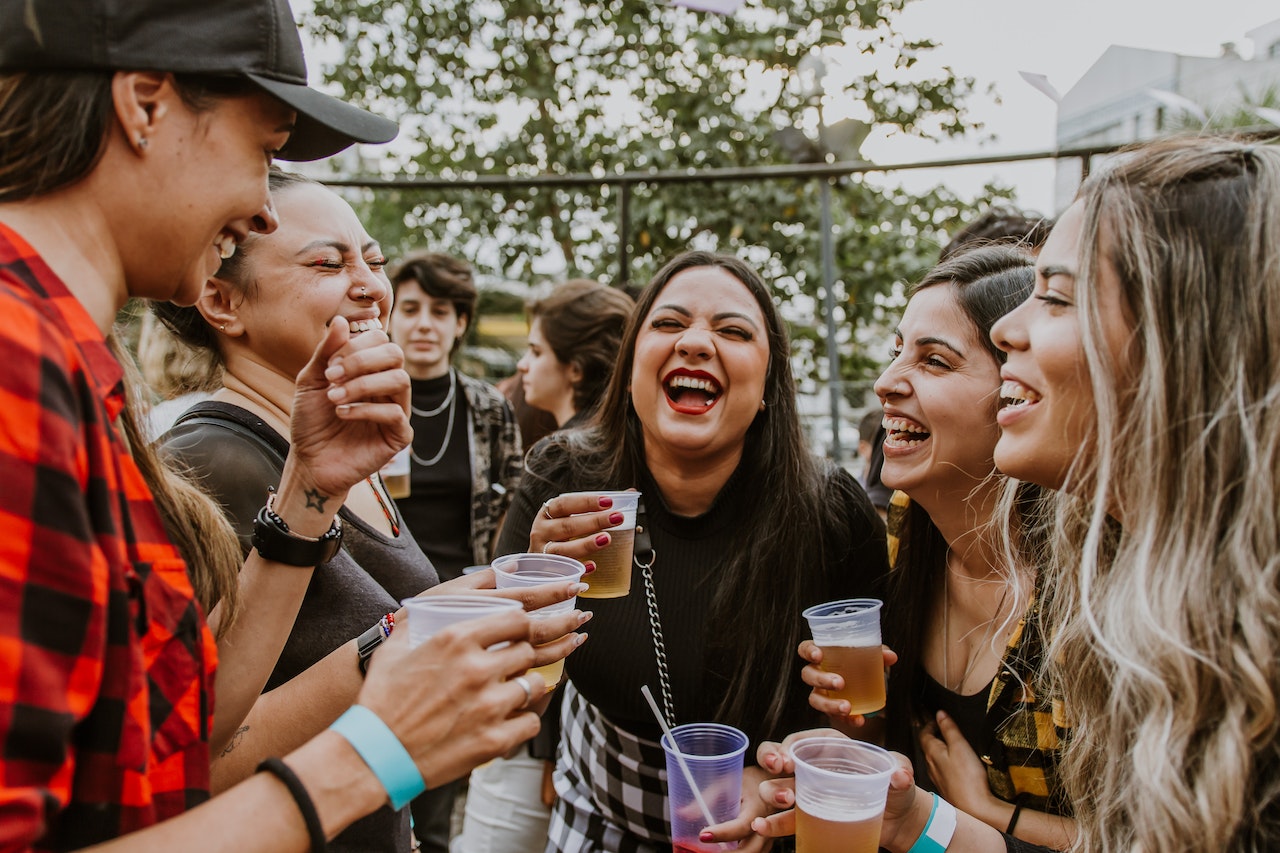
Process Of Beer Dealcoholization
The process of beer dealcoholization involves careful manipulation of the brewing techniques to achieve the desired outcome.
Through innovative methods, brewers are able to extract alcohol from the beer without compromising its taste, aroma, or quality.
This opens a world of possibilities for individuals who want to experience the flavors and experience of beer, without the intoxicating effects.
Here are five common methods used in beer dealcoholization:
Heat Evaporation
This method involves heating the beer to a temperature below its boiling point, typically around 35-40 degrees Celsius (95-104 degrees Fahrenheit).
Alcohol has a lower boiling point than water, so by evaporating the beer at this temperature, the alcohol can be separated from the liquid.
However, this method can affect the beer's flavor and aroma due to the application of heat.
Vacuum Distillation
The beer is placed under a vacuum, which lowers the boiling point of alcohol.
The beer is heated, and the alcohol evaporates at a lower temperature than in standard distillation.
This beer dealcoholization method helps to minimize the impact on flavor, but it can still lead to some loss of volatile compounds.
Reverse Osmosis
Reverse osmosis is a filtration process that uses a semi-permeable membrane to separate alcohol and other volatile compounds from the beer.
The beer is passed through the membrane under high pressure.
This high pressure allows the water, alcohol, and other small molecules to pass through while retaining larger molecules responsible for flavor and body.
The alcohol-rich permeate is then processed further to recover the alcohol or discard it, depending on the desired level of dealcoholization.
Spinning Cone Column (SCC)
The SCC is a type of distillation apparatus that uses centrifugal force to separate alcohol and other volatile compounds from the beer.
The beer is introduced into the column, and as it spins rapidly, the alcohol evaporates at lower temperatures and is collected separately.
This beer dealcoholization method minimizes the exposure to heat, preserving flavor, and aroma.
Membrane Contactors
Membrane contactors use a combination of physical separation and chemical reactions to remove alcohol from beer.
The beer is passed through a membrane system in which the alcohol selectively diffuses through the membrane, separating it from the liquid.
This method can be combined with other beer dealcoholization techniques (e.g., pervaporation or vapor stripping) to enhance its effectiveness.

Is Non-Alcoholic Beer Better For You?
Non-Alcoholic Beer List
Some skeptics may question the authenticity or appeal of beer without alcohol.
Still, many enthusiasts have been pleasantly surprised by the quality and taste of dealcoholized beer.
In recent years, the demand for non-alcoholic beer has been on the rise, prompting breweries to invest in research and development to perfect the process.
It appears, then, that beer dealcoholization is here to stay.
As a result, the market now offers a wide range of dealcoholized beer options, spanning various styles and flavors, catering to different tastes and preferences.
Below are some of the best non-alcoholic beer available in the market this 2023 as reviewed and recommended by Liquor.com:
| Review / Tasting Notes | Non-alcoholic Beer |
| Best Overall / bread, citrus, hops | Special Effects Hoppy Amber (Brooklyn Brewery) |
| Best Craft / hops, fruit, malt | Run Wild (Athletic Brewing Company) |
| Best German / citrus, hops, malt | Clausthaler Original Non-Alcoholic |
| Best Hazy IPA (India Pale Ale) / grapefruit, lemon, malt | BrewDog Hazy AF |
| Best IPA (India Pale Ale) / citrus, hops, pine | IPNA (Lagunitas Brewing Company) |
| Best Lager / bitter hops, lemon, malt | Heineken 0.0 |
| Best Low-Calorie / barley, crisp citrus, malt | Suntory ALL-FREE |
| Best Stout / caramel, chocolate, coffee | Bravus Oatmeal Dark |
| Best THC (tetrahydrocannabinol)-Infused / banana, citrus, hops | Lagunitas Hi-Fi Hops Unplugged |
| Best Wheat / citrus, wheat, yeast | Weihenstephaner Hefeweissbier |
People Also Ask
Does Non-Alcoholic Beer Really Taste Like Beer?
Non-alcoholic beer is designed to resemble the taste of traditional alcoholic beer while containing a very low or no alcohol content.
However, the taste of non-alcoholic beer can vary depending on the brand and the brewing process.
Some non-alcoholic beers are able to closely mimic the taste of their alcoholic counterparts, using similar ingredients and brewing techniques.
These beers may have a similar flavor profile, with:
- maltiness
- hop bitterness
- aromatic notes
They can provide a familiar beer taste without the alcohol content.
Can Non-Alcoholic Beer Make You Tipsy?
Non-alcoholic beer typically contains a very low amount of alcohol, usually less than 0.5 percent alcohol by volume (ABV).
This level of alcohol is significantly lower than regular beer, which typically ranges from 4 percent to 6 percent ABV or higher.
Due to its extremely low alcohol content, it is highly unlikely that non-alcoholic beer will make a person tipsy or intoxicated when consumed in moderation.
Is Non-Alcoholic Beer Safe For Liver?
Given its low alcohol content, non-alcoholic beer is generally considered safe for the liver.
Nevertheless, it’s important to note that excessive consumption of any alcoholic beverage, including non-alcoholic beer, can still have negative effects on the liver.
Final Thoughts
Whether sipped during celebrations, shared with friends at a local pub, or savored after a hard day’s work, beer has established its place as a staple in many cultures.
Beer dealcoholization gives an opportunity for those who want to drink beer but are restrained from doing so because of various reasons.
Its benefits extend beyond the realm of health-conscious individuals.
For those who have personal or religious reasons to abstain from alcohol, having a dealcoholized beer option can offer a sense of inclusion and allow them to partake in social gatherings without feeling left out.
Indeed, beer dealcoholization provides other people to enjoy the taste of beer but wish to avoid the potential side effects of alcohol consumption.

Daniel James
Author
Daniel James is a distinguished gerontologist, author, and professional coach known for his expertise in health and aging.
With degrees from Georgia Tech and UCLA, including a diploma in gerontology from the University of Boston, Daniel brings over 15 years of experience to his work.
His credentials also include a Professional Coaching Certification, enhancing his credibility in personal development and well-being.
In his free time, Daniel is an avid runner and tennis player, passionate about fitness, wellness, and staying active.
His commitment to improving lives through health education and coaching reflects his passion and dedication in both professional and personal endeavors.

Karan Emery
Reviewer
Karan Emery, an accomplished researcher and leader in health sciences, biotechnology, and pharmaceuticals, brings over two decades of experience to the table. Holding a Ph.D. in Pharmaceutical Sciences from Stanford University, Karan's credentials underscore her authority in the field.
With a track record of groundbreaking research and numerous peer-reviewed publications in prestigious journals, Karan's expertise is widely recognized in the scientific community.
Her writing style is characterized by its clarity and meticulous attention to detail, making complex scientific concepts accessible to a broad audience. Apart from her professional endeavors, Karan enjoys cooking, learning about different cultures and languages, watching documentaries, and visiting historical landmarks.
Committed to advancing knowledge and improving health outcomes, Karan Emery continues to make significant contributions to the fields of health, biotechnology, and pharmaceuticals.
Latest Articles
Popular Articles
